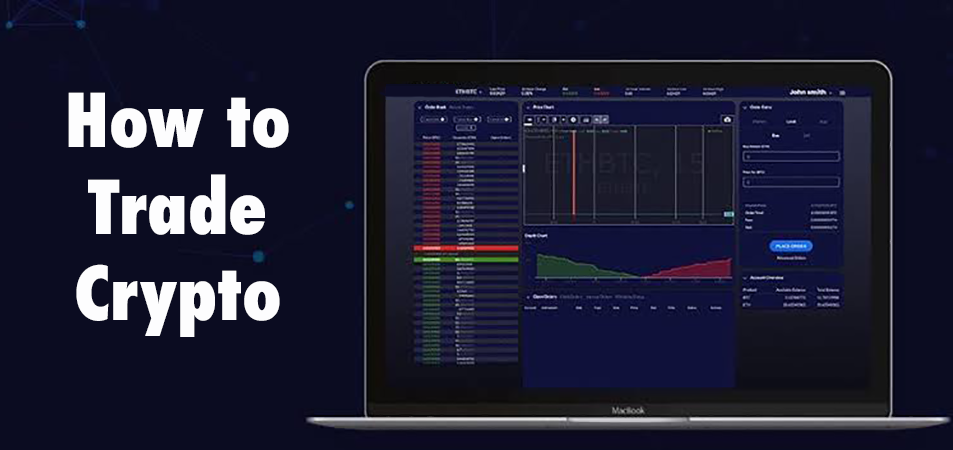Cryptocurrency trading is the act of hypothesizing on cryptocurrency price motions through a CFD trading account, or purchasing and selling the underlying coins through an exchange. CFDs trading are derivatives, which allow you to hypothesize on cryptocurrency rate movements without taking ownership of the underlying coins. You can go long (' buy') if you believe a cryptocurrency will increase in value, or short (' sell') if you believe it will fall.
Your profit or loss are still calculated according to the full size of your position, so leverage will magnify both profits and losses. When you purchase cryptocurrencies by means of an exchange, you purchase the coins themselves. You'll need to develop an exchange account, put up the amount of the possession to open a position, and store the cryptocurrency tokens in your own wallet up until you're ready to offer.
Numerous exchanges also have limits on how much you can deposit, while accounts can be really expensive to keep. Cryptocurrency markets are decentralised, which suggests they are not provided or backed by a main authority such as a federal government. Instead, they stumble upon a network of computer systems. However, cryptocurrencies can be purchased and offered through exchanges and saved in 'wallets'.
 Cryptocurrency Trading 2021 - Tips ...daytrading.com
Cryptocurrency Trading 2021 - Tips ...daytrading.com
When a user wants to send cryptocurrency units to another user, they send it to that user's digital wallet. The transaction isn't considered last till it has been verified and contributed to the blockchain through a process called mining. This is also Click for more info how s3.us-east-1.amazonaws.com/howtoswingtradecrypto2/index.html brand-new cryptocurrency tokens are generally developed. A blockchain is a shared digital register of recorded Extra resources information.
To select the very best exchange for your needs, it is necessary to completely understand the types of exchanges. The very first and most typical kind of exchange is the centralized exchange. Popular exchanges that fall into this category are Coinbase, Binance, Kraken, and Gemini. These exchanges are personal business that offer platforms to trade cryptocurrency.
The exchanges listed above all have active trading, high volumes, and liquidity. That stated, centralized exchanges are not in line with the philosophy of Bitcoin. They run on their own personal servers which develops a vector of attack. If the servers of the company were to be compromised, the entire system might be closed down for a long time.
The larger, more popular central exchanges are without a doubt the most convenient on-ramp for brand-new users and they even offer some level of insurance coverage must their systems stop working. While this is real, when cryptocurrency is acquired on these exchanges it is stored within their custodial wallets and not in your own wallet that you own the secrets to.
Should your computer system and your Coinbase account, for example, become jeopardized, your funds would be lost and you would not likely have the ability to claim insurance coverage. This is why it is essential to withdraw any large sums and practice safe storage. Decentralized exchanges work in the exact same manner that Bitcoin does.
Rather, think of it as a server, other than that each computer within the server is spread out across the world and each computer that comprises one part of that server is managed by a person. If among these computers turns off, it has no effect on the network as an entire because there are plenty of other computer systems that will continue running the network.